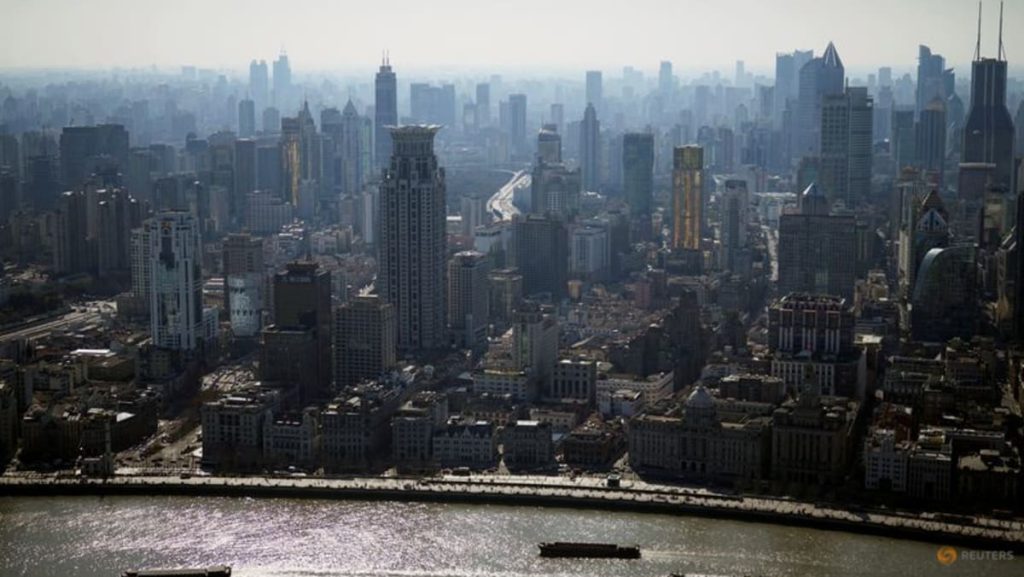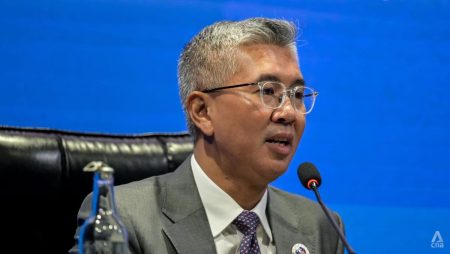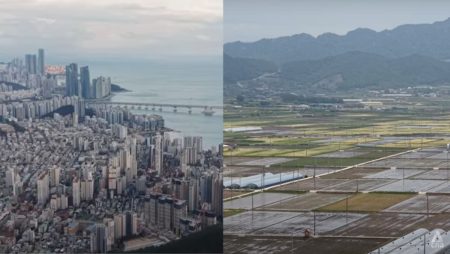Ambassador Izabella Teixeira, Brazil’s chief negotiator for COP30, has leveled a stern critique against developed nations, accusing them of attempting to backtrack on their financial commitments to combat climate change. This retrenchment, she argues, is a grave betrayal of the promises enshrined in the 2015 Paris Agreement, a landmark accord that established a global framework for mitigating climate warming. Teixeira’s comments underscore the growing tension between developed and developing nations over the financial burden of transitioning to a cleaner, more sustainable global economy. Developed countries, historically responsible for the bulk of greenhouse gas emissions, have pledged to provide financial support to developing nations to assist their adaptation and mitigation efforts. However, recent trends suggest a reluctance among some wealthier nations to fully honor these commitments, raising concerns about the future of international climate cooperation.
Brazil, set to host the crucial COP30 climate summit in the Amazonian city of Belém in November, intends to make securing increased financial support from developed nations a central focus of the negotiations. Teixeira emphasizes that countries with historical responsibility for climate change must assume a more substantial financial role. This includes not only meeting their existing pledges but also potentially increasing their contributions to reflect the escalating costs of climate action and the disproportionate impact of climate change on developing countries. Brazil’s position echoes the broader concerns of many developing nations, who argue that they bear the brunt of climate change’s consequences despite contributing far less to the problem. This call for greater financial commitment will likely be a key point of contention at COP30.
The United States’ withdrawal from the Paris Agreement under the Trump administration and its renewed emphasis on fossil fuels has further complicated the issue of climate finance. Teixeira acknowledges that the absence of US support makes financing the global transition to clean energy significantly more challenging. The US, as the world’s largest historical emitter and a major economic power, plays a crucial role in global climate finance mechanisms. Its withdrawal not only reduces the available pool of funds but also undermines the overall credibility and momentum of international climate action. While the US has since rejoined the Paris Agreement under the Biden administration, its past actions have eroded trust and created uncertainty about its long-term commitment to climate financing.
Beyond the issue of financial commitments, COP30 also faces significant challenges in bridging the divide between developed and developing nations on a range of other crucial issues. These include setting ambitious emissions reduction targets, establishing effective mechanisms for carbon trading, and ensuring equitable access to clean energy technologies. The success of the summit will hinge on the ability of negotiators to find common ground and forge a consensus that reflects the shared responsibility of all nations to address the climate crisis. Given the heightened geopolitical tensions and the urgency of the climate crisis, COP30 promises to be a pivotal moment in determining the future trajectory of global climate action.
Brazil’s focus on financial support underscores the fundamental principle of “common but differentiated responsibilities and respective capabilities” enshrined in the United Nations Framework Convention on Climate Change (UNFCCC). This principle acknowledges that while all countries have a responsibility to address climate change, their capabilities and historical contributions differ significantly. Developed nations, with their greater historical emissions and economic resources, are expected to take the lead in providing financial and technological support to developing nations to facilitate their transition to low-carbon economies. This principle is at the heart of the climate justice movement, which argues that developed countries have a moral obligation to assist those most vulnerable to the impacts of climate change.
The negotiations at COP30 will be crucial in determining whether the international community can overcome the existing divisions and forge a path towards a more just and sustainable future. The success of the summit will depend on the willingness of all parties, particularly developed nations, to demonstrate genuine commitment to climate action, not just in rhetoric, but in concrete financial and policy commitments. The world will be watching closely as negotiators grapple with these complex issues, with the hope that COP30 can deliver the transformative change needed to avert the worst consequences of the climate crisis.










